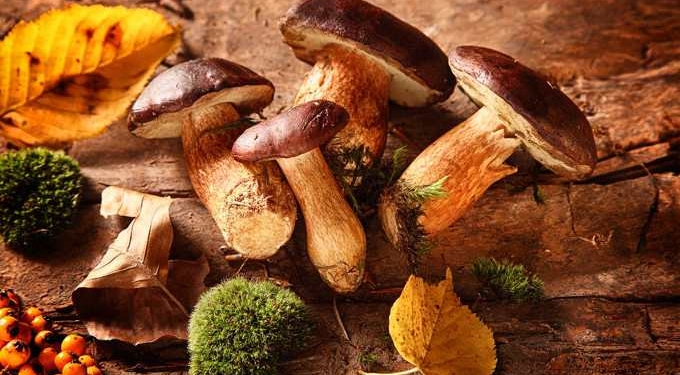
By Dr. Joseph Mercola | mercola.com
If you’re interested in reducing your risk of prostate cancer, you may want to make sure your diet includes a certain fungus. According to a new study published in the International Journal of Cancer, researchers say that mushroom consumption may help prevent prostate cancer.
The study included 36,499 men, ages 40 to 70, who first participated in cohort studies in 1990 and 1994. Researchers studied the participants for an average of 13.2 years. During the follow-up period, 3.3% of the men were diagnosed with prostate cancer. When researchers compared the mushroom intake of those who developed the disease versus those who did not, they found that consuming mushrooms once or twice per week was associated with an 8% lower risk of prostate cancer, compared to consumption of less than once per week. Mushroom consumption three or more times per week was associated with a 17% lower risk of prostate cancer.
Researchers did not collect information on specific mushroom species; however, the fact that mushrooms offer plenty of health-promoting benefits is no secret. About 100 different species of mushrooms have been studied for their health benefits. Of those, several stand out in their ability to deliver a tremendous boost to your immune system, which might, in turn, help fight or prevent cancer. These include shiitake, maitake, Reishi, Cordyceps and a mushroom called Agaricus sub rufescent.
Mushrooms not only are capable of bolstering immune function but also have the potential for fighting cancer. Aside from being rich in protein, fiber, vitamin C, B vitamins, calcium and minerals, mushrooms are excellent sources of antioxidants. They contain polyphenols and selenium, which are common in the plant world, as well as antioxidants that are unique to mushrooms.
If you don’t like the taste of fresh mushrooms and you’re having a hard time adding them to your diet, you may want to consider dehydrated mushroom powders. There are two primary types:
- Mushroom concentrates or extracts — Most of these are so-called hot water extracts, where the mushroom mycelia are boiled for extended periods of time to extract the long-chain polysaccharides. The end product is a concentrated form of glyconutrients (complex sugars) thought to be responsible for many of the health benefits, particularly the immunomodulating properties, of the mushroom. However, the heat of hot water extraction will destroy/denature many of the temperature-sensitive bioactive compounds (vitamins, proteins, amino acids, enzymes) and will not capture the alcohol-soluble or insoluble compounds (insoluble dietary fibers) in the mushrooms.
- Whole food/raw mushrooms — Consuming the mushrooms raw or using a whole food mushroom (powdered pill) product is generally a better alternative if you're reasonably healthy and looking to maintain optimal health, as they help maintain the ideal function of your various systems as opposed to imparting a direct effect. The benefits are best achieved by taking this product on a daily, on-going basis.
















